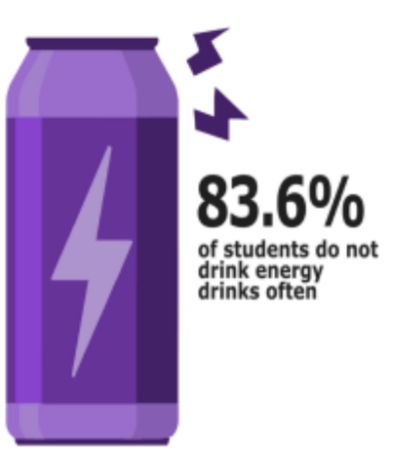Online journalism proves a powerful informant
May 4, 2018
Print journalism has been on the decline, with newspaper circulation falling for the past 28 years, according to Pew Research Center.
A variety of factors contributed to the fall of print journalism, but most of all, the success of online journalism. With it comes many new opportunities, but also some serious potential dangers for news consumers.
The rise of online journalism gives many advantages to its consumers. Websites are simply more convenient than newspapers, with easily accessible stories and the use of multimedia to makes stories more visually appealing and understandable. When asked about the future of online journalism by Wired magazine, many journalists, such as the editor-in-chief for The Guardian and The Telegraph, stated that they are noticing the benefits of online journalism and are trying to capitalize on them.
Online journalism provides readers with easy access to a wide variety of different opinions and perspectives on the news, rather than being stuck to the views of the columnists of the one newspaper they subscribe to.
Also, people can get instant access to important news for free online. According to the Columbia Journalism Review, all of the 25 largest newspaper sites deliver some or all of their online news for free. On the other hand, with a newspaper, urgent news can only be delivered the next day, and for a price.
Despite these advantages of online journalism, it poses a serious threat to two of the most important aspects of print journalism: local and investigative research. Due to decreases in revenue, according to BBC, the majority of the salary of an online writer is based around how many clicks their story gets, and this has its consequences.
According to NBC, most online journalism is shared by large companies such as Google or Facebook, which operate on a large scale, so there is economic incentive to focus on big headlines in national news. Because of this, local news has been on the decline for many years, as the only remaining competitors in the shrinking news world run mostly national or international stories.
The biggest loss due to this could be the decline in investigative journalism, as local news can often provide smaller stories about corruption on a city or statewide level, while a paper like The New York Times is more focused on what is going on in the White House.
This is not to say that investigative journalism is dead. Stories such as the New York Times’ expose of Harvey Weinstein still shows the power and influence of investigative journalism. But, the great journalism, both print and online, that exists today works in spite of the disadvantages of online journalism, not due to its benefits.
Due to the rise of online journalism, stories such as the unverified “Golden Showers” report by Buzzfeed News have been able to flourish. While online journalism is allowing a new generation to be more informed on national news than ever, the decline of local and investigative journalism is one that needs to be addressed before online journalism fully takes over.














